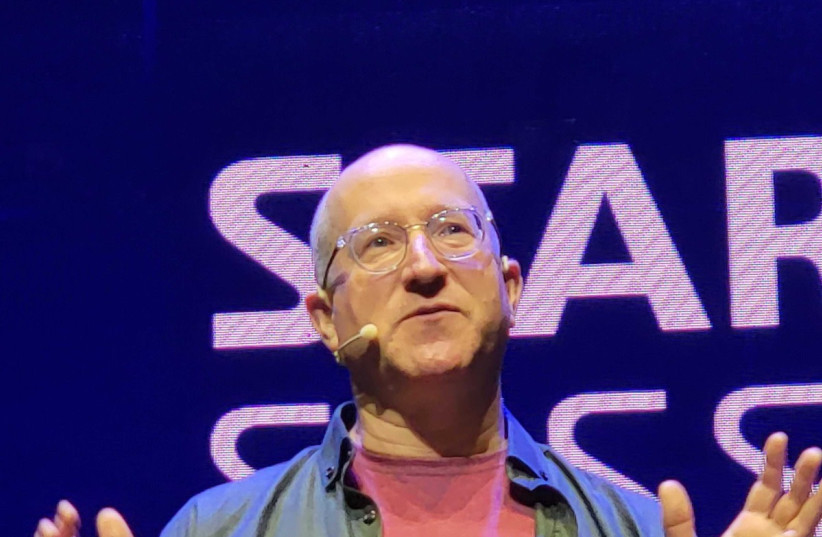Israel's Ethereum scaling tool Starknet Prover will be made open source

By allowing mass access to the Prover’s code, developer StarkWare hopes to enable widespread distribution.
The STARK Prover software application, which aims to enable the Ethereum blockchain platform to scale, will be made open source, according to an announcement on Sunday at the StarkWare Sessions 2023 event in Tel Aviv.
The STARK Prover — to be known as the “Starknet Prover” once it goes open-source — is an engine that generates cryptographic proofs which very efficiently compresses hundreds of thousands of transactions for submission to Ethereum.
“This is a landmark moment for scaling Ethereum, and in a wider sense for cryptography,” said Eli Ben-Sasson, president and co-founder at StarkWare, and co-inventor of STARK cryptography. “We think of the Prover as the magic wand of STARK technology. It wondrously generates the proofs that allow unimaginable scaling. But of course, it’s not actually magic, it’s sturdy cryptography and today we’re saying that everyone who wants should make it their own. They should know exactly how it works, modify the code, edit the code and distribute it further.”
What is Zero Knowledge Proof?
The Starknet Prover utilizes Zero Knowledge Proof technology in order to make Ethereum scaling possible. Zero Knowledge Proof is a concept in cryptography where one party (the prover) can prove to another party (the verifier) that they know specific information or have a specific attribute, without revealing the actual information or attribute itself.
This is important because it allows for the verification of sensitive information in a secure and private manner, preserving the privacy and confidentiality of the information being verified. Zero-knowledge proofs have numerous potential applications, including secure passwordless authentication, private transactions and data sharing.
The difficulty in scaling
Scaling the Ethereum network is difficult because its current design limits the number of transactions that can be processed per second, leading to high levels of congestion and slow transaction speeds.
Zero-knowledge proof technology can help scale Ethereum by allowing for more efficient and secure verification of transactions without revealing sensitive information. In a traditional blockchain, every node in the network needs to validate and store every transaction, which can lead to slow speeds and high storage requirements as the network grows.
With zero-knowledge proofs, transactions can be verified using a proof that provides sufficient evidence of the validity of the transaction without revealing any private data. This means that transactions can be validated more quickly and with less storage, reducing the burden on the network and enabling it to process more transactions per second.
In the context of Ethereum, zero-knowledge proofs — such as those provided by Starkware’s Prover — can be used to verify the validity of smart contract transactions, enabling the network to scale without sacrificing security or privacy. By reducing the amount of data that needs to be stored and processed, zero-knowledge proofs can help Ethereum to handle a larger number of transactions and support a growing number of decentralized applications.
“Every step we take to provide infrastructure and to make it accessible and decentralized, is a catalyst for devs to build,” said Ben-Sasson. “The quicker and more broadly they build, the faster we’ll see mass onboarding to solutions that truly enable people to manage their own funds. So there’s a direct line between open-sourcing key tech and popularizing self-custody.”
Jerusalem Post Store
`; document.getElementById("linkPremium").innerHTML = cont; var divWithLink = document.getElementById("premium-link"); if (divWithLink !== null && divWithLink !== 'undefined') { divWithLink.style.border = "solid 1px #cb0f3e"; divWithLink.style.textAlign = "center"; divWithLink.style.marginBottom = "15px"; divWithLink.style.marginTop = "15px"; divWithLink.style.width = "100%"; divWithLink.style.backgroundColor = "#122952"; divWithLink.style.color = "#ffffff"; divWithLink.style.lineHeight = "1.5"; } } (function (v, i) { });


